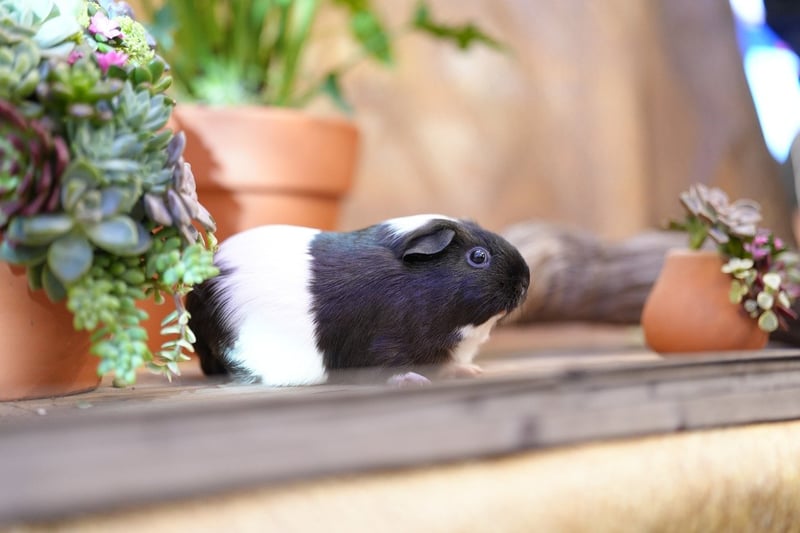Companion Planting
Protect Plants from Pests Sustainably with Companion Planting
Are you looking for a natural and sustainable way to protect your plants from pests? Companion planting might be the solution you need. By strategically planting certain plants together, you can create a natural pest deterrent system that benefits your garden without the need for harmful chemicals.
What is Companion Planting?
Companion planting is the practice of planting specific plants together to benefit one another. This method is based on the concept that certain plants can enhance each other's growth, repel pests, attract beneficial insects, and improve overall plant health.
Benefits of Companion Planting for Pest Control
- Natural pest deterrent
- Reduces the need for chemical pesticides
- Attracts beneficial insects that prey on pests
- Improves soil health
- Increases biodiversity in your garden
Companion Planting Combinations for Pest Control
Here are some common companion planting combinations that can help protect your plants from pests:
1. Marigolds and Tomatoes
Marigolds are known to repel nematodes, which can damage tomato plants. Planting marigolds around your tomato plants can help protect them from these harmful pests.

2. Basil and Tomatoes
Planting basil near tomato plants can help repel tomato hornworms and other tomato pests. Plus, basil enhances the flavor of tomatoes, making it a delicious and beneficial companion plant.

3. Nasturtiums and Cucumbers
Nasturtiums can repel cucumber beetles and attract predatory insects that feed on garden pests. Planting nasturtiums near your cucumber plants can help protect them from common pests.

Start Companion Planting Today
Companion planting is a sustainable and eco-friendly way to protect your plants from pests while promoting biodiversity in your garden. Experiment with different combinations and see which ones work best for your plants.
By harnessing the power of companion planting, you can create a thriving garden without relying on harmful chemicals. Give it a try and enjoy a healthier, pest-resistant garden!
